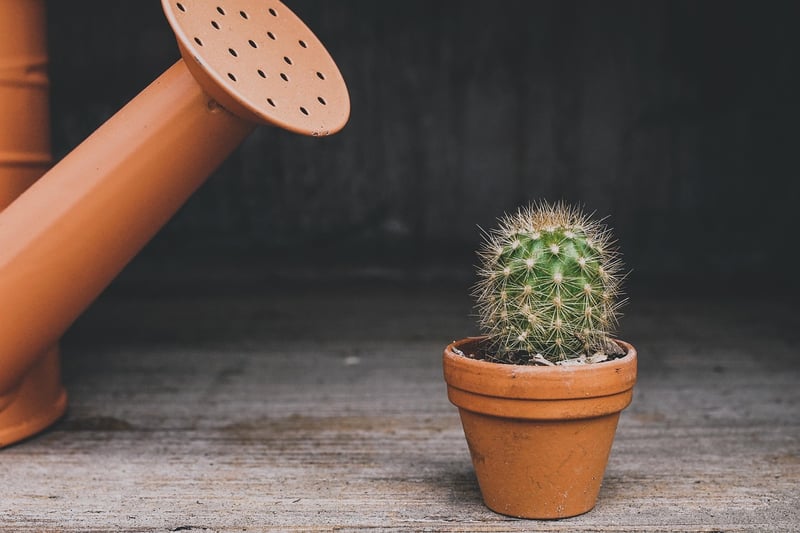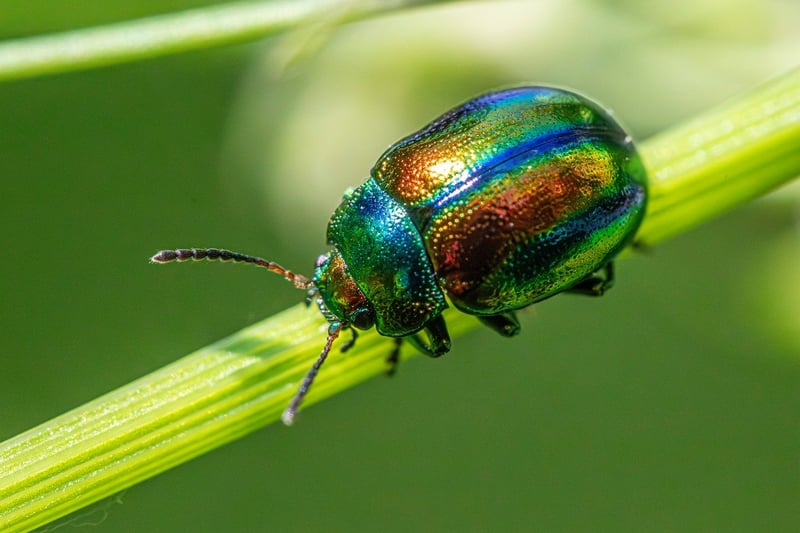Pest Control in Vertical Gardens
Caring for Your Vertical Garden
Introduction
Vertical gardens are a fantastic way to bring greenery into small spaces and add a touch of nature to your surroundings. To ensure your vertical garden thrives, it's essential to provide proper care and attention. Here are some tips to help you care for your vertical garden and keep it healthy and vibrant.
1. Watering
Regular watering is crucial for the health of your vertical garden. Make sure to water the plants thoroughly, allowing the water to reach all the way down to the bottom of the garden. Monitor the moisture level regularly and adjust your watering schedule based on the needs of your plants.
2. Light
Most plants in a vertical garden require adequate sunlight to thrive. Ensure that your vertical garden receives enough natural light throughout the day. If your space lacks natural light, consider using grow lights to supplement the light requirements of your plants.
3. Fertilization
Regular fertilization is essential to provide your plants with the necessary nutrients for healthy growth. Choose a balanced, water-soluble fertilizer and apply it according to the instructions on the package. Avoid over-fertilizing, as it can harm your plants.
4. Pruning and Maintenance
Keep an eye on your vertical garden and prune any dead or yellowing leaves to promote new growth. Regular maintenance, such as removing debris and checking for pests, will help keep your vertical garden looking its best.
Pest Control in Vertical Gardens
1. Identify the Pests
Monitor your vertical garden regularly for signs of pest infestation, such as holes in leaves, sticky residue, or visible pests. Identifying the type of pest affecting your plants will help you choose the most effective control methods.
2. Natural Remedies
Consider using natural pest control methods to protect your vertical garden. For example, introducing beneficial insects like ladybugs or using neem oil can help deter common garden pests without harmful chemicals.
3. Organic Pesticides
If natural remedies are not effective, you can opt for organic pesticides to control pests in your vertical garden. Look for eco-friendly products that target specific pests while being safe for your plants and the environment.
4. Regular Inspections
Perform regular inspections of your vertical garden to catch pest problems early. By identifying and addressing pest issues promptly, you can prevent extensive damage to your plants and maintain a healthy garden.
Conclusion
By following these care tips and pest control methods, you can ensure that your vertical garden thrives and remains pest-free. With proper attention and maintenance, your vertical garden will continue to provide beauty and greenery to your space for years to come.


